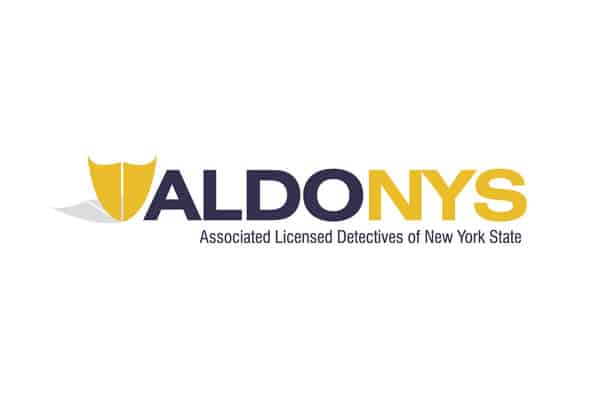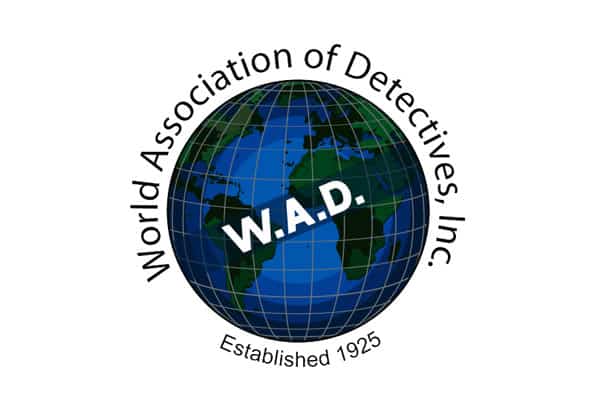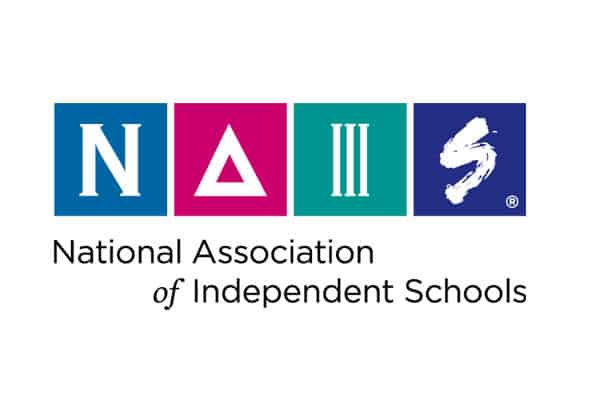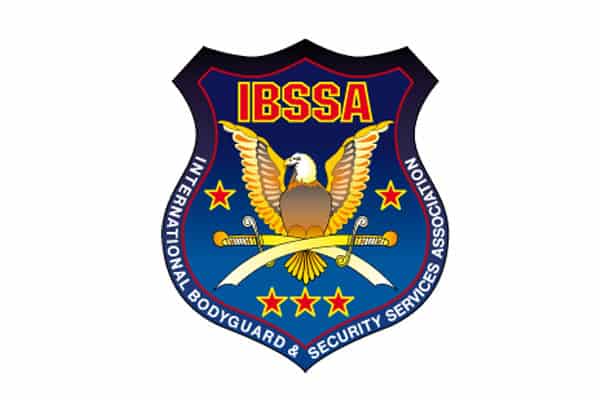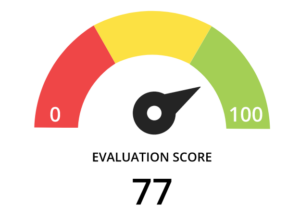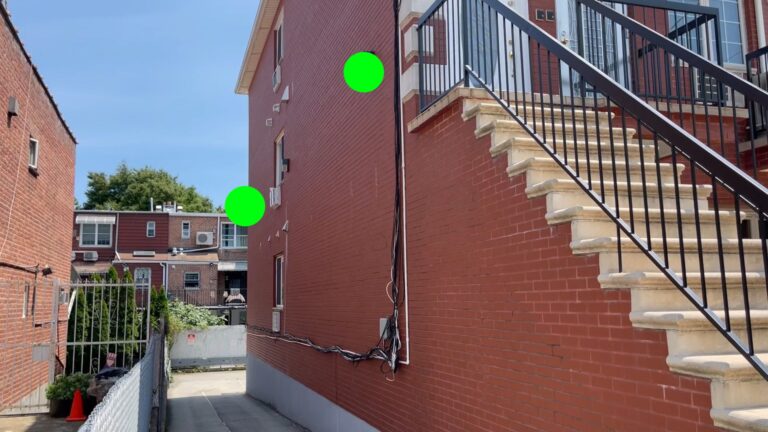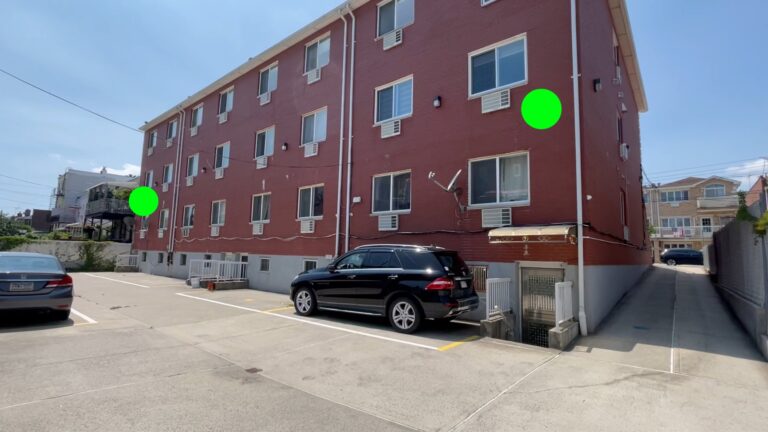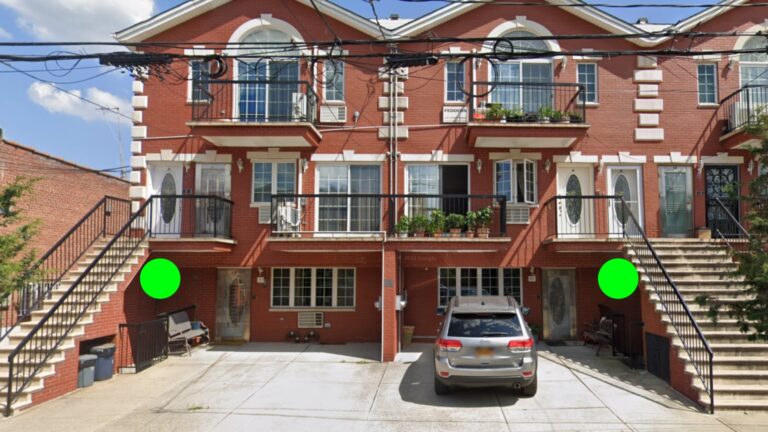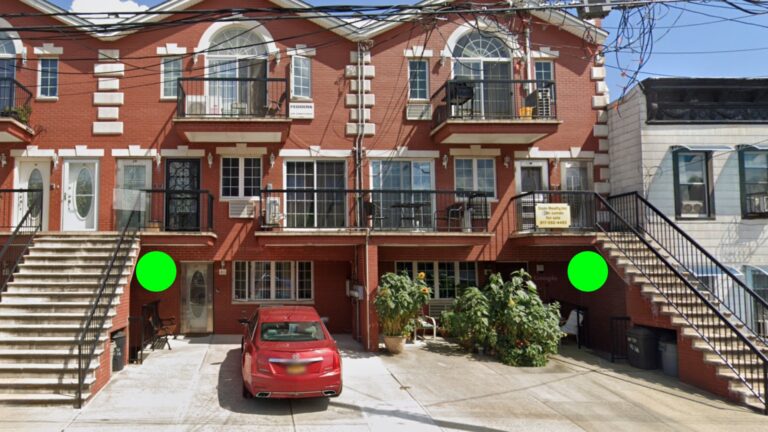Training Requirements are State-Mandated
While certain training courses are better than others, one thing remains constant: the instructors who provide this training are all doing so in accordance with standardized state requirements. That means that the basic education provided by different security guard schools will generally be the same. The main difference will be the quality of the instructors.
Much of the Training is Focused on Knowledge, Not Physical Defense Skills
If you expect security guard training to be filled with self-defense classes and physical conflict training, think again. These courses are designed to prepare you to fill a variety of guard roles, and focus on guard responsibilities, legal powers, and standards you’ll have to follow while performing your duties.
It’s Not Police Training
It’s also important to understand that you’re not going to be receiving the same type of training that a police officer receives at an academy. Again, there is no grueling physical training involved in the process. Moreover, you won’t find a focus on things like handcuff procedures or other skills typically associated with law enforcement.
Only Armed Guard Licenses Require Firearms Training
Unless you’re planning to get your license as an armed security guard, you also shouldn’t expect to see any firearms training. While there is a specific course for would-be armed guards, it’s not a requirement for anyone who’s planning on a job as an unarmed security guard.
Get Ready to Learn Legal Responsibilities
What you will experience is a laser-like focus on legal powers and responsibilities. New York City has strict laws governing the powers that you can exercise as a security guard, as well as your responsibilities – including ethical demands. Yes, you will learn things to help you handle security threats, but most of the education is theory rather than practical application. The goal is to ensure that you have the knowledge you need to perform any security guard duties to which you might be assigned once you receive your license.
For many would-be guards, this curriculum may sound tedious, since so much of it is classroom knowledge teaching you about procedures and processes. In reality, however, that’s exactly the information you’ll need to be successful in a job that often comes with long hours, unexpected challenges, and unforeseen threats.
To learn more about how security guard training can prepare you for an exciting and rewarding career in the security industry, contact International Security Services – New York City’s dedicated security experts.

